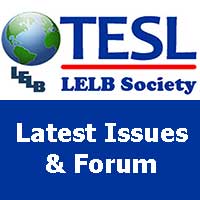Functionalism vs. Rationalism | TESL Issues
Functionalism Functionalism proposes that Universal Grammar can ultimately be explained without recourse to a special language organ that takes up where cognition leaves off (Bates & MacWhinney, 1989, p. 7). It attempts to rectify a lack of emphasis on learning in the rationalist perspective. The source of knowledge is proposed to lie in the input,…
